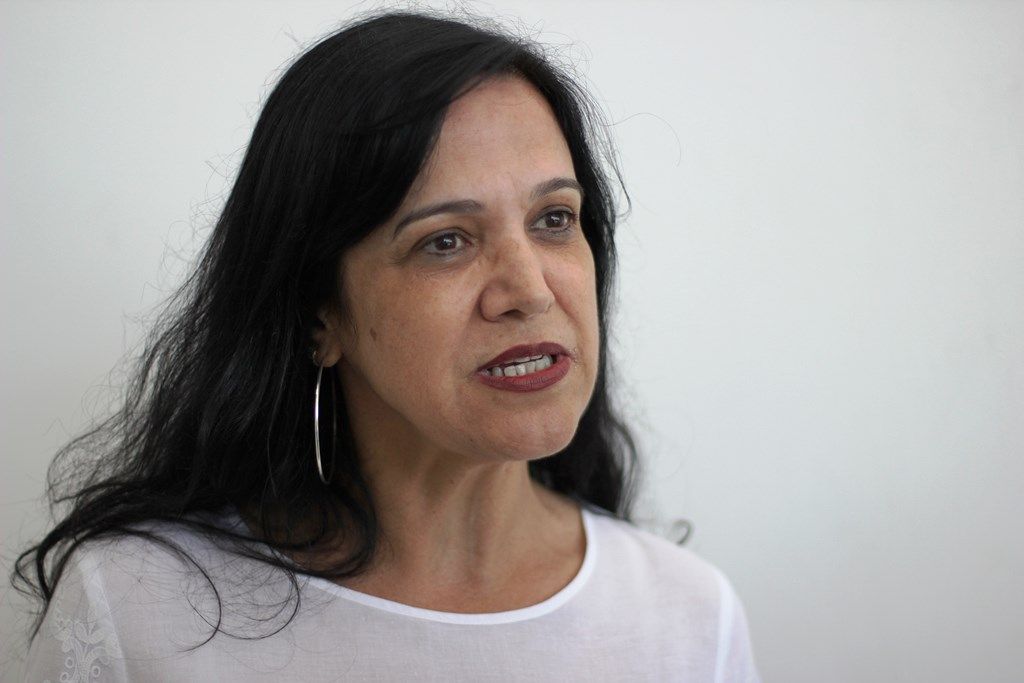RIO DE JANEIRO, BRAZIL – Maria José Braga, president of the National Federation of Journalists (FENAJ) of Brazil, said that in a little over 11 months in office, Bolsonaro has systematically attacked freedom of expression and the press by promoting measures such as direct criticism of reporters and the media, the abolition of registration requirements to exercise the profession of journalist.

The restrictions were targeted particularly at organizations such as the newspaper Folha de S.Paulo – a leading printed publication in circulation in the country – forbidden from taking part in public tenders.
“Bolsonaro’s government is hostile to freedom of expression and of the press and has demonstrated this hostility with a number of media outlets, not only by verbal attacks on journalists but also by attempts to discredit the ‘media’ (…) Brazil has the constitutional principle of press freedom, but the government is trying to assert itself against this principle using its power,” said Maria José Braga.
A study released last week by the FENAJ stated that the Brazilian head of state has carried out at least 111 public attacks against media professionals in interviews and publications on social media in 2019.
The FENAJ further stated that these attacks would be a way for the “President to encourage his followers not to trust the journalistic work of most of the media and professionals, particularly when they publish critical news“.
Rogério Christofoletti, professor of the Federal University of Santa Catarina (UFSC) and one of the coordinators of the Observatory of Journalistic Ethics (objETHOS), said he believed that there is an ongoing implementation of an “anti-journalism” agenda in Brazil.
“I am convinced that it is part of the relations that the President of Brazil has with society in a search for clear and obvious enemies. He chose the press as one of these enemies and, to play with his audience, he criticizes and accuses, promoting an anti-journalism campaign,” he said.
The UFSC expert assessed that the President of Brazil has adopted actions similar to the behavior of the President of the United States, Donald Trump, who repeatedly says that media critics of his government are spreading false news to try to establish a story that seeks to be stronger than the facts and to sequester the truth.
“He [Bolsonaro] broadcasts live [on Facebook] on Thursdays, uses Twitter as his direct communication channel with the public, and thus foregoes mediators. More than that, he satanizes, demonizes the press,” he added.

After removing the Folha de S.Paulo newspaper from the list of periodicals received by the Brazilian government, Bolsonaro excluded the agency from a public bidding round.
The measure prompted a reaction from the deputy prosecutor general at the Federal Audit Court (TCU), Lucas Furtado, who submitted a request that Folha not be excluded from the bidding round, which has not yet been analyzed.
In late October, the President declared that no government body would receive the newspaper, which he accuses of being a disseminator of false news.
Brazil’s executive branch also has a project called “Green Yellow Program”, sent to Congress in October, which foresees the extinction of the requirement for professional registration for those who exercise the profession of journalist.
In August, the head of state had already publicly declared that the newspaper Valor Econômico – which had criticized his management – could close after having ordered the extinction of a rule that required publicly traded companies to publish their financial statements in newspapers in the country. This measure was eventually rejected by the Brazilian Congress.
The director of the FENAJ stressed that Bolsonaro made clear, still as a candidate, his opposition to the role of the media in overseeing the powers of democracy in his speeches in support of the military dictatorship and of violence as a method of government.
“He is a person, a politician, and now a President, who in fact has no appreciation for democracy and, therefore, does not respect democratic rules (…) Not only in words, but in deeds, the President has attacked and retaliated against the Brazilian media,” concluded Maria José Braga.

